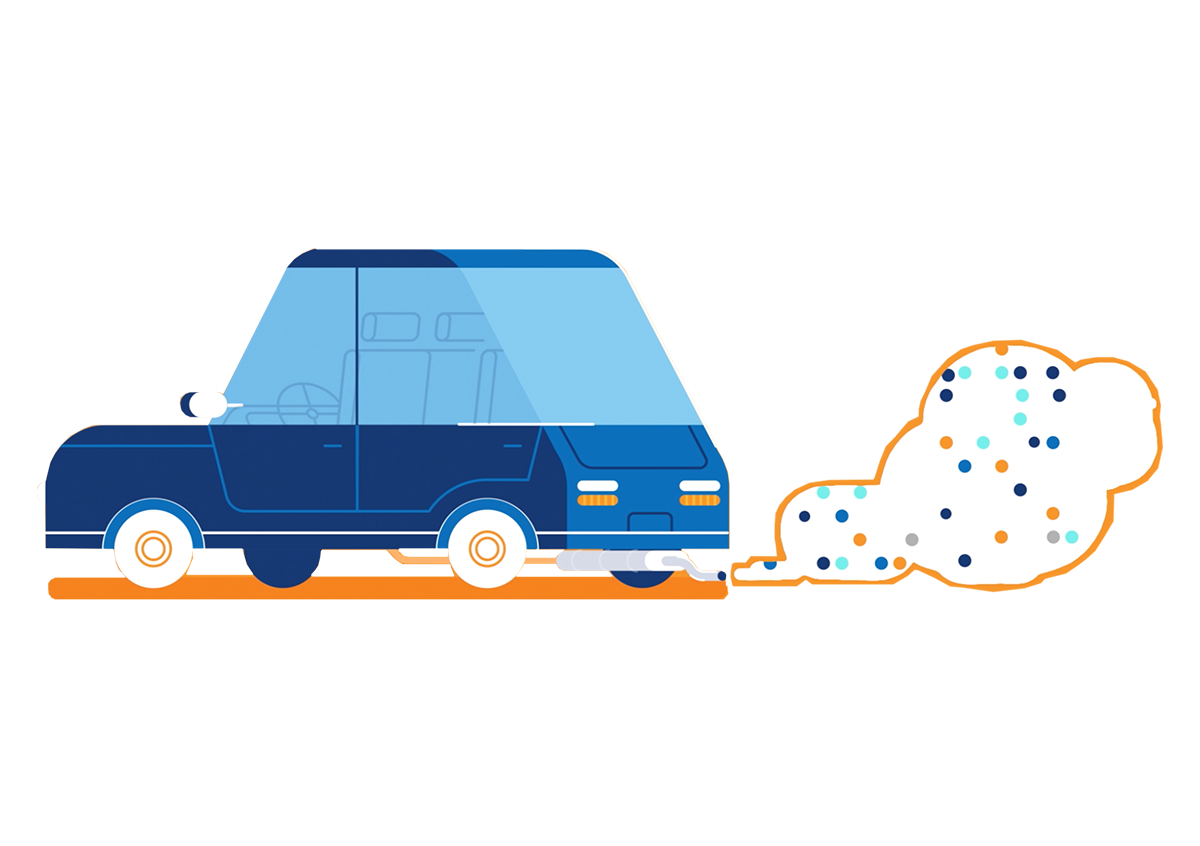
On August 28th 2019, a sample of Toyota owners received an email offering to collect their driving data and share it with a third-party partner, Progressive, an insurance company.
These services will become commonplace in the next decade as players in the global mobility ecosystem develop the idea of the ‘Connected Car’.
Services like this will be commonplace in the next decade as players in the global mobility ecosystem develop the idea of the ‘Connected Car’. Vehicles are creating and accessing more data in real-time. Connected car technology can provide cities and citizens with important benefits such as financial savings, passenger safety and emission reductions.
What are the benefits of connected cars for users?
Safety
Safety for drivers and road users is one of connected cars’ main advantages.
Bosch found that connected car proximity sensor technology will result in a 70 percent reduction in rear-end accidents and up 80 percent fewer accidents caused by skidding or sliding on the road.
Information on live traffic updates, speed limit changes and hazard perception alerts will also help reduce the number of vehicle collisions in urban cities.
Biometric sensing and alerting in driver exhaustion and stress levels may encourage and car occupants to take action to increase alertness and overall concentration.
Financial Savings and Car Usage
Gathering real-time data on traffic updates and road conditions will optimize fuel efficiency and time-to-destination.
Audi’s V2I service (vehicle to infrastructure) is among the first in the industry to connect vehicles to city infrastructure such as traffic lights. The service will tell drivers what speed to drive at a traffic light in order to reach the next green signal or whether they need to slow down.
Car dashboards will also be able to display braking energy and fuel wastage in traffic build-up. EIA research estimates indicate that such technology could decrease fuel usage by 44% by 2050.
Performance diagnostics on vehicle performance (i.e. fuel used, break usage, tire pressure/grip) will be sent to car manufacturers to remind drivers to conduct servicing and repairs at the right time to minimize wear.
Better routing and smoothing
As car users gain access to traffic updates and road conditions, journey times and fuel efficiencies will improve.
As more sophisticated GPS systems and location trackers develop in connected cars, customers will be notified when to refuel and when to stop at the next fuel station.
Preempting travel conditions will be useful for drivers before embarking on high-mileage journeys and over time improve vehicle performance.
Gathering real-time data on traffic updates and road conditions will optimize fuel efficiency and time-to-destination.
What are the benefits for the city?
Connected data
Cities also benefit from gathering data from connected cars with V2I (vehicle to infrastructure) technology. This is a mutually beneficial arrangement.
Connected cars also access information via city infrastructure. This is ‘smart-infrastructure’ where assets from traffic lights to speed cameras will provide and access data to and from vehicles on the road in real-time.
For the first time, the city will be able to provide a data-set that improves the operational efficiency of all transport services including public transport and private vehicles.
Environmental benefits
Fuel consumption and time spent on the road will be decreased as drivers access weather warnings, road conditions and traffic updates.
It is expected that connected parking services will reduce parking times and traffic circling, contributing to a reduction in CO2 emissions.
The Automotive Research Center claims that a decrease in energy consumption could be accomplished through automation such as ‘platooning’, a method of linking vehicles, and eco-driving.
For the first time, the city will be able to provide a data-set that improves the operational efficiency of all transport services including public transit as well as private vehicles.
Connected cars will create more value for drivers in safety and financial savings. They will also generate significant value for cities in vehicle-to-infrastructure while contributing to city-management data platforms.